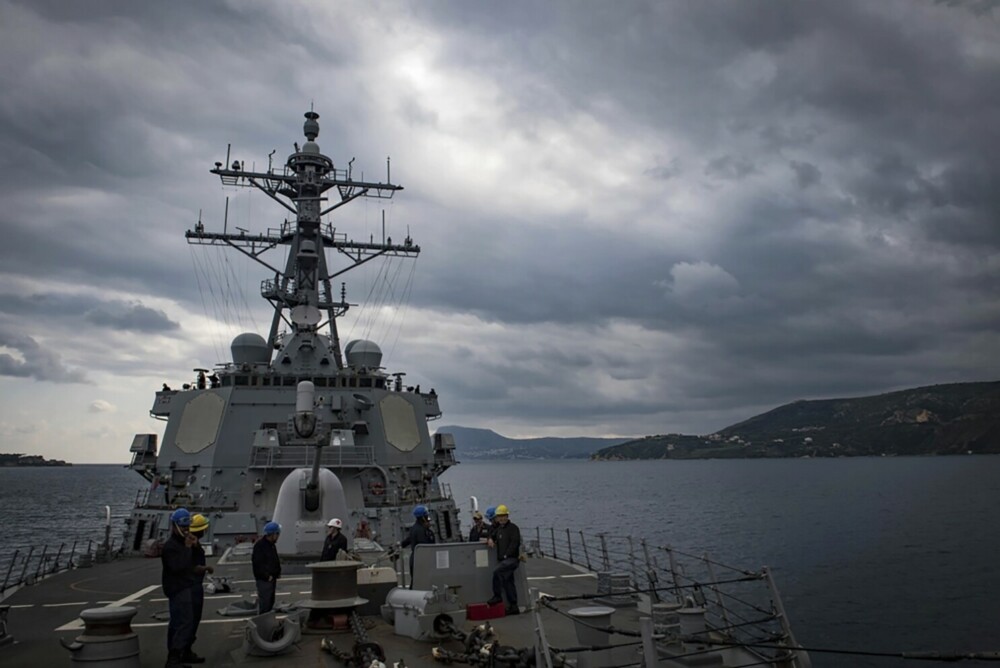
Houthi rebels are looking to gain from continuing conflict in the Middle East
CAIRO : In the days since Israel intensified its campaign against Hezbollah in Lebanon, including the strike that killed the militant group’s leader Hassan Nasrallah, Yemen’s Iran-backed Houthi rebels have been quick to show they are an important player in the complex conflicts convulsing the Middle East.
In a brazen attack on Saturday, the Houthis fired a ballistic missile at Israel’s main airport as Prime Minister Benjamin Netanyahu was arriving back from New York, where he had addressed the United Nations. On Monday, they threatened “escalating military operations” to target Israel after apparently shooting down a U.S. military drone flying over Yemen.
And on Tuesday, an explosive-loaded drone crashed into one ship in the Red Sea as a missile exploded against another, the British military and private security officials said, the latest in the Houthis’ assaults on commercial shipping in the key waterway.
The salvo of Houthi attacks has again drawn attention to the Yemeni rebels and raised questions about their goals and strategies.
The rebels, armed by Iran, seized most of Yemen’s north and its capital, Sanaa, a decade ago, pushing the country’s internationally recognized government into exile.
A Saudi-led coalition backing Yemen’s government entered the war in 2015 and the Houthis have since been fighting what has become a long-running but now largely stalemated civil war in Yemen.
However, when the Israel-Hamas war erupted in the Gaza Strip a year ago, the Houthis began targeting shipping throughout the Red Sea corridor — part of a campaign they say aims at pressuring Israel and the West over the war.
Analysts and observers say a widening conflict could boost the Houthis militarily and expand their already outsized role across the region — despite retaliatory strikes by Israel, the United States and the United Kingdom.
Ahmed Nagi, a senior Yemen analyst at the Crisis Group, says that before the war in Gaza, the Houthis were seen as an often-forgotten and less-prominent faction in an axis that includes Iran, Syria’s government forces, Lebanon’s Hezbollah, the Palestinian Hamas and other groups in the region.
That changed when the Houthis began hitting ships in the Red Sea and Gulf of Aden making their way to the Suez Canal, suddenly posing a much wider threat.

